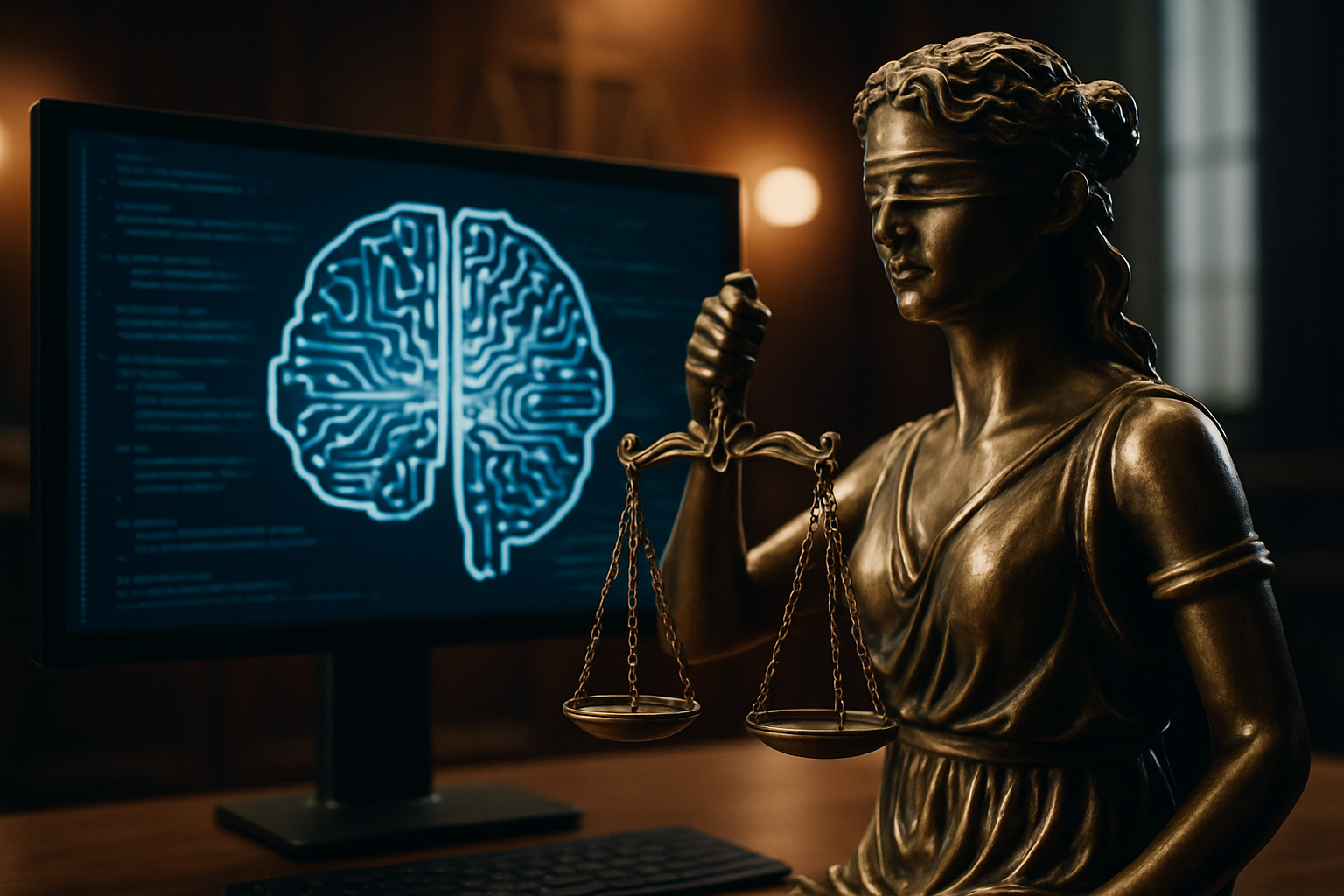Algorithmic Governance: The Future of Digital Policymaking
Introduction: In an era of rapid technological advancement, governments worldwide are exploring innovative approaches to policymaking. Algorithmic governance, a cutting-edge concept at the intersection of law, technology, and public administration, is emerging as a potential solution to complex societal challenges. This article delves into the implications of this transformative approach to governance and its impact on legal systems.

Historical Context and Legal Foundations
The roots of algorithmic governance can be traced back to the early days of e-government initiatives in the late 1990s and early 2000s. As digital technologies became more sophisticated, governments began exploring ways to harness data-driven insights for policymaking. The legal foundations for algorithmic governance are still evolving, with many jurisdictions developing frameworks to address issues such as data privacy, algorithmic bias, and transparency in automated decision-making processes.
Current Applications and Case Studies
Several governments have already begun implementing algorithmic governance in various domains. In urban planning, cities like Singapore and Barcelona use AI-powered systems to optimize traffic flow, energy consumption, and waste management. In the realm of law enforcement, predictive policing algorithms are being deployed to allocate resources more effectively. The judiciary is also exploring the use of AI to assist in case management and even in predicting court outcomes.
Legal and Ethical Challenges
The adoption of algorithmic governance raises significant legal and ethical questions. One primary concern is the potential for algorithmic bias, where historical data used to train AI systems may perpetuate or exacerbate existing societal inequalities. Privacy advocates argue that the extensive data collection required for algorithmic governance could infringe on individual rights. Additionally, the lack of transparency in some AI decision-making processes poses challenges to principles of due process and accountability in public administration.
Regulatory Frameworks and Policy Responses
Governments and international organizations are working to develop regulatory frameworks to address the challenges posed by algorithmic governance. The European Union’s General Data Protection Regulation (GDPR) includes provisions on automated decision-making, while the proposed AI Act aims to establish comprehensive rules for AI systems used in high-risk applications. In the United States, various state and local governments have enacted laws regulating the use of facial recognition and other AI technologies in public spaces.
Impact on the Legal Profession
The rise of algorithmic governance is likely to have profound implications for the legal profession. Lawyers and judges will need to develop new skills to understand and interpret AI-generated insights and decisions. Legal education may need to evolve to include courses on data science, machine learning, and the ethical implications of AI in governance. Furthermore, new legal specialties may emerge, focusing on areas such as algorithmic accountability and AI-related litigation.
Future Prospects and Global Implications
As algorithmic governance continues to evolve, its potential to reshape the relationship between citizens and government is significant. Proponents argue that it could lead to more responsive, data-driven policymaking and improved public services. Critics, however, warn of the risks of over-reliance on technology and the potential erosion of human judgment in governance. The global adoption of algorithmic governance may also lead to new forms of international cooperation and competition, as nations seek to leverage AI capabilities for strategic advantage.
Conclusion
Algorithmic governance represents a paradigm shift in how governments approach policymaking and public administration. While it offers promising solutions to complex challenges, it also raises critical legal, ethical, and societal questions. As this field continues to develop, it will be crucial for policymakers, legal professionals, and citizens to engage in ongoing dialogue to ensure that the benefits of algorithmic governance are realized while safeguarding fundamental rights and democratic principles.






